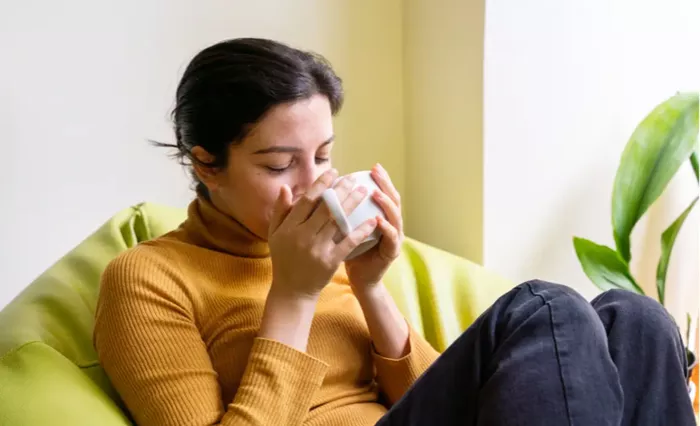Zinc, a trace mineral, has gained attention for its role in boosting immunity, but it offers far more benefits for women’s health. Essential for various body functions, zinc is required in small amounts but plays a critical role in overall well-being. “Zinc is crucial for many physiological processes in the body,” says Abigail Basson, PhD, RD, LD, a registered dietitian and instructor at Case Western Reserve University.
How to Get Zinc in Your Diet
Zinc is relatively easy to obtain from foods like seafood (especially oysters and shellfish), poultry, beef, dairy, whole grains, beans, nuts, and seeds. However, individuals with unbalanced diets or strict vegans might be at risk of zinc deficiency. A lack of zinc can lead to weakened immunity, poor skin health, slow wound healing, loss of appetite, and hair thinning, warns Serena Poon, a certified nutritionist and wellness expert.
Top Health Benefits of Zinc for Women
Boosts Immunity
Zinc is vital for a strong immune system, aiding the development and function of immune cells. It helps the body fight off infections and supports a healthy immune response. Research suggests that zinc lozenges may even shorten the duration of the common cold. Frequent illnesses or slow healing might indicate a zinc deficiency.
Reduces Inflammation
Chronic inflammation can contribute to serious health problems such as heart disease, diabetes, and certain cancers. Zinc has anti-inflammatory properties that help reduce this risk, according to Laura Iu, a certified eating counselor.
Supports Bone Health
Zinc plays a key role in maintaining strong bones by supporting the cells responsible for bone formation. It helps prevent fractures and conditions like osteoporosis by aiding bone remodeling throughout life.
Regulates Reproductive Health
Zinc helps balance hormones and supports normal ovarian function. It is also essential for sperm production and maintaining healthy testosterone levels, which are important for both men and women.
Improves Sense of Taste and Smell
Zinc helps preserve the integrity of taste buds and olfactory receptors, enhancing the ability to taste and smell. This is particularly important for individuals who are malnourished or undergoing cancer treatments.
Enhances Brain Function
Zinc supports cognitive function and neurotransmitter activity. Some studies suggest it may protect against age-related cognitive decline and neurodegenerative diseases like Alzheimer’s.
Aids Wound Healing
Zinc is crucial for healing wounds, whether minor cuts or more serious injuries. It promotes cellular health and collagen formation, accelerating recovery.
Promotes Healthy Skin
Zinc’s antioxidant properties protect skin cells from damage and reduce oxidative stress. It also has anti-inflammatory effects, which may improve skin conditions like acne.
Supports Eye Health
Zinc is involved in the prevention of age-related macular degeneration and supports overall eye health. It helps synthesize melanin, a pigment that protects the eyes from harmful UV rays.
Contributes to Heart Health
Zinc supports blood vessel health and regulates blood pressure, contributing to a healthy heart. While studies suggest a link between zinc deficiency and heart disease, further research is needed.
Essential for Growth and Development
For children, zinc is vital for growth, supporting DNA synthesis, cell division, and protein production. It ensures proper bone development and overall healthy growth during critical stages.
Regulates Blood Sugar
Zinc helps regulate blood sugar by assisting in insulin production and release. This is particularly important for those with diabetes, as maintaining balanced blood sugar is key to preventing complications.
In conclusion, zinc is an essential mineral that supports a range of health benefits for women. From boosting immunity to promoting bone strength, reproductive health, and skin care, ensuring adequate zinc intake is crucial for overall well-being.
Read more:
- Best Men’S Multivitamin With Zinc: A Comprehensive Guide
- Top 4 Zinc Supplement For Male Fertility
- How Zinc & Folic Acid Can Treat Female Infertility?


